Full Practice Authority: APRN Readiness, Barriers to Practice and Access in South Carolina
American Nurse
FEBRUARY 21, 2024
Introduction SOUTH CAROLINA is predominately a rural state that consistently demonstrates poor health rankings, due to the lack of Medicaid expansion, healthcare deserts, and a decreasing physician supply. 11,18-19,31 Physician groups contend that supervision and/or collaboration ensures that APRNs provide safe care.


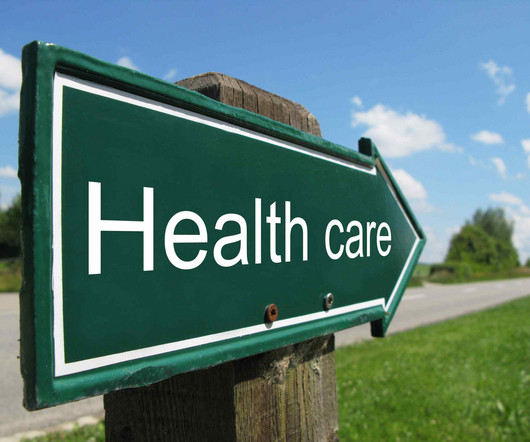
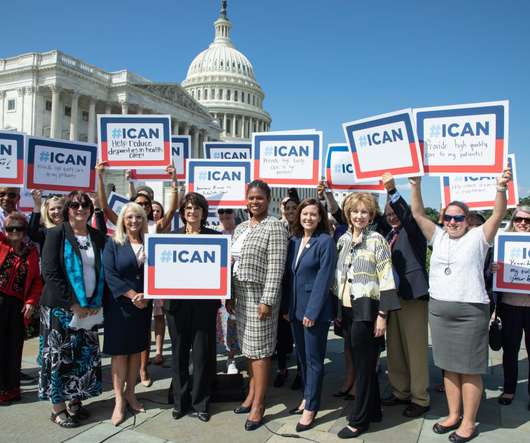



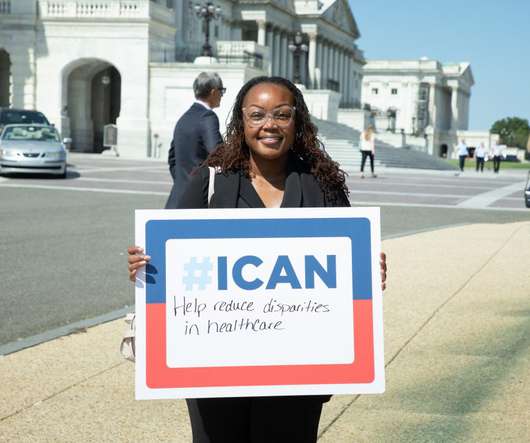
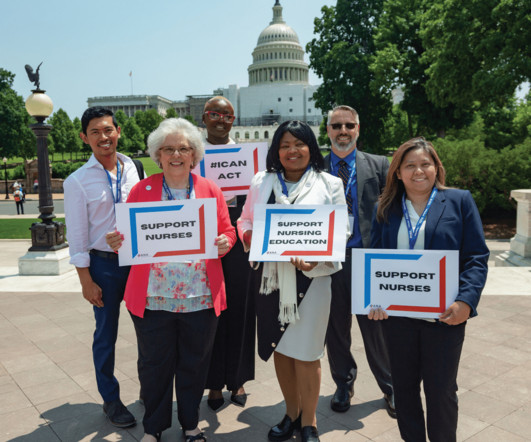



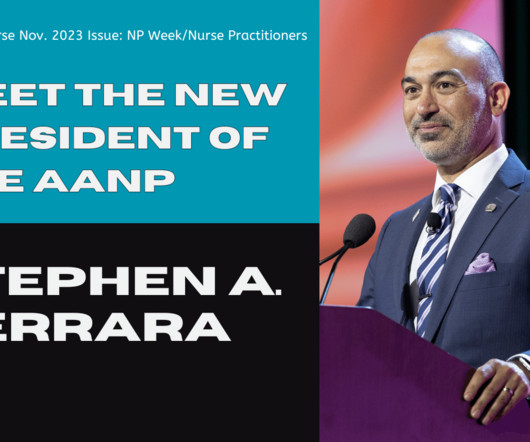






Let's personalize your content